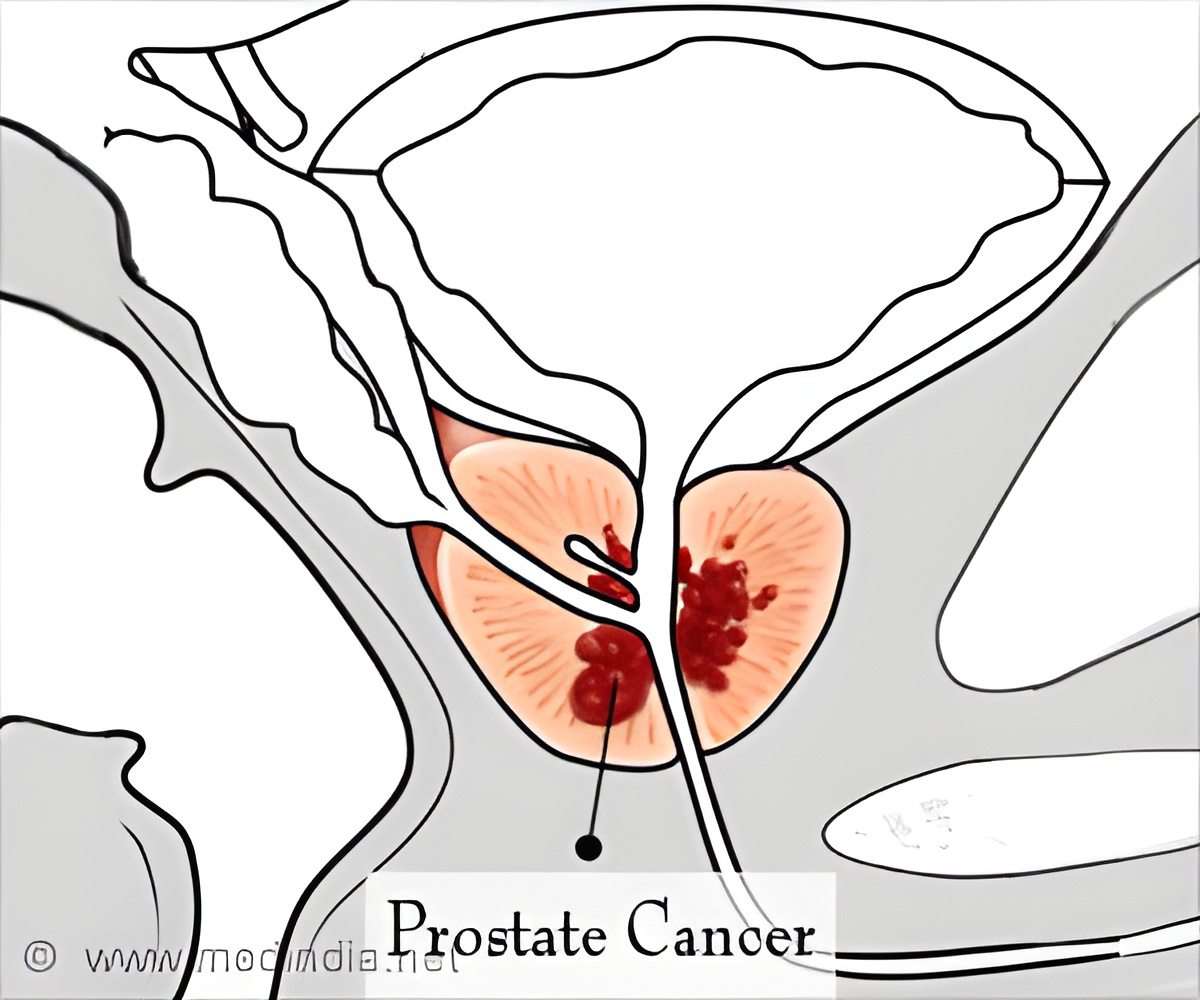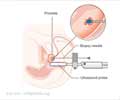High dose-rate radiotherapy-brachytherapy is a safe and effective mode of treatment for men with low-risk prostate cancer.

‘Single dose brachytherapy could serve as an alternative to surgery with less incidence of side effects and single hospital visit for men with low risk prostate cancer.’
Read More..




Researchers say this technique could offer an effective treatment that is convenient for patients and brings potential time and cost savings for hospitals. Read More..
The research was presented by Dr Hannah Tharmalingam, a Clinical Research Fellow at Mount Vernon Cancer Centre, Northwood, and The Christie NHS Foundation Trust, Manchester, UK.
She said: "Brachytherapy, where we use temporary catheters to directly treat tumours, has already proved to be a good treatment for prostate cancer, both in terms of killing the cancer cells and minimising side effects. This usually means patients make four to six visits to the hospital for a series of lower dose treatments. We wanted to see whether we could get similar results but with just one high dose treatment, saving time for the patient and the hospital."
The research included 441 men with prostate cancer who were treated at one of seven UK hospitals [1] between 2013 and 2018. Their cancers were classified, depending on how likely they were to spread, as either low risk (total of 44 men), medium risk (285 men) or high risk (112 men). All were treated with a single high dose (19 Gy) of radiation; 166 men also received hormone therapy but none had any surgery or chemotherapy.
Researchers monitored the men's progress for an average of 26 months. They measured the levels of prostate specific antigen (PSA) in the men's blood two years after the treatment and again three years after the treatment. PSA is considered to be a good indicator of how well prostate cancer treatment has worked. If levels increase, this can indicate the cancer has returned.
Advertisement
Of the 27 men with raised PSA levels, researchers were able to identify where the cancer had returned in 25. In 15, the cancer had returned in the prostate. In the rest, it had spread to other parts of the body.
Advertisement
Dr Tharmalingam said: "These results indicate that high dose-rate brachytherapy is a safe and effective treatment for men with low risk prostate cancer but further research is needed in medium and high risk patients to see if the results can be improved with a higher dose. This type of treatment offers an attractive alternative to surgery or other forms of radiotherapy as it has a comparatively low risk of side effects. It is also a patient-friendly option because the treatment can be given quickly at a single hospital visit."
Dr Tharmalingam and her colleagues hope to continue studying the impact of using this type of radiotherapy, especially in patients with higher risk prostate cancer who are more likely to suffer a recurrence. She believes it would be possible, given the low risk of side effects, to modify the treatment or increase the dose even further in higher risk cases.
Dr Bradley Pieters, chair of ESTRO's brachytherapy committee and a radiation oncologist at the Academic University Medical Centers, The Netherlands, who was not involved in the study, said: "This research suggests that a single treatment of high dose-rate brachytherapy could be a very good option for many men with prostate cancer. The technology and expertise needed to deliver this treatment is not yet available in all cancer centres. However, given that it may offer time and money savings for hospitals as well as benefits to patients, there is a good argument for investing in this type of radiotherapy."
Source-Eurekalert






![Prostate Specific Antigen [PSA] Prostate Specific Antigen [PSA]](https://www.medindia.net/images/common/patientinfo/120_100/prostate-specific-antigen.jpg)





